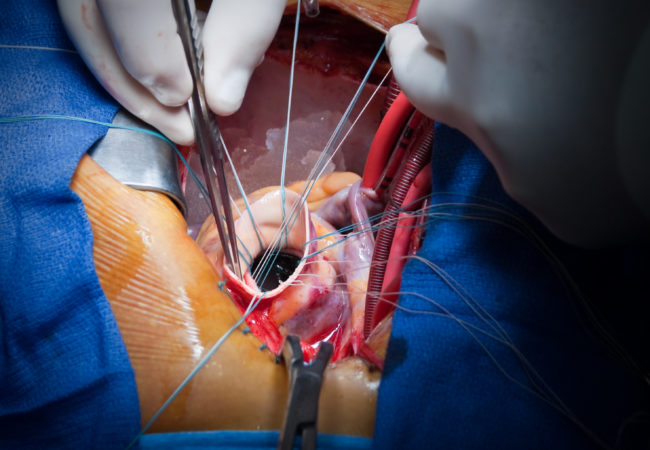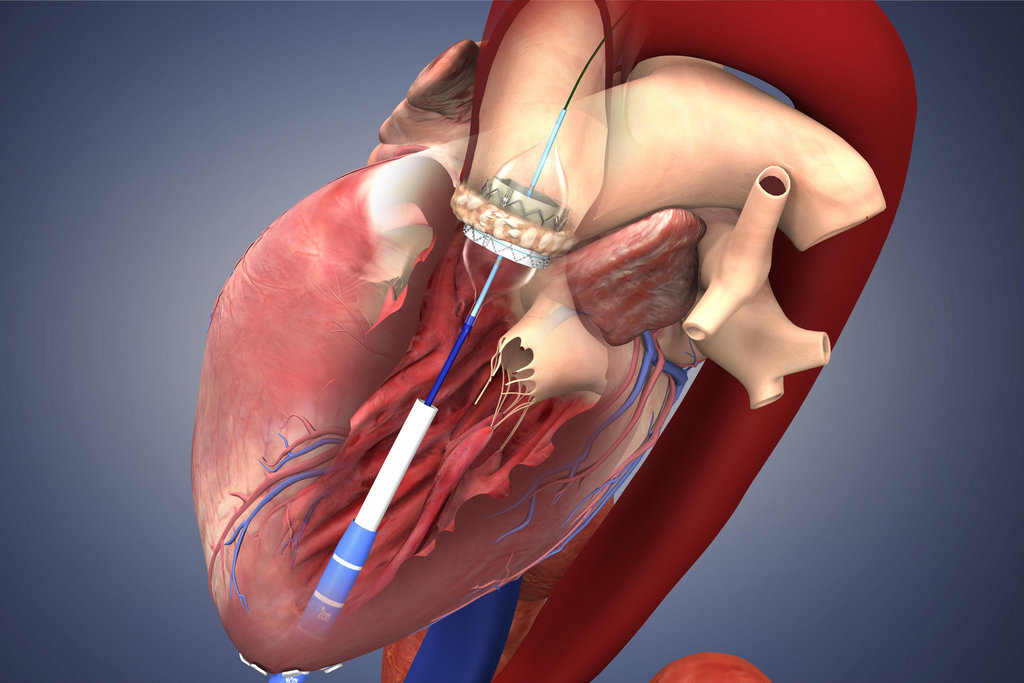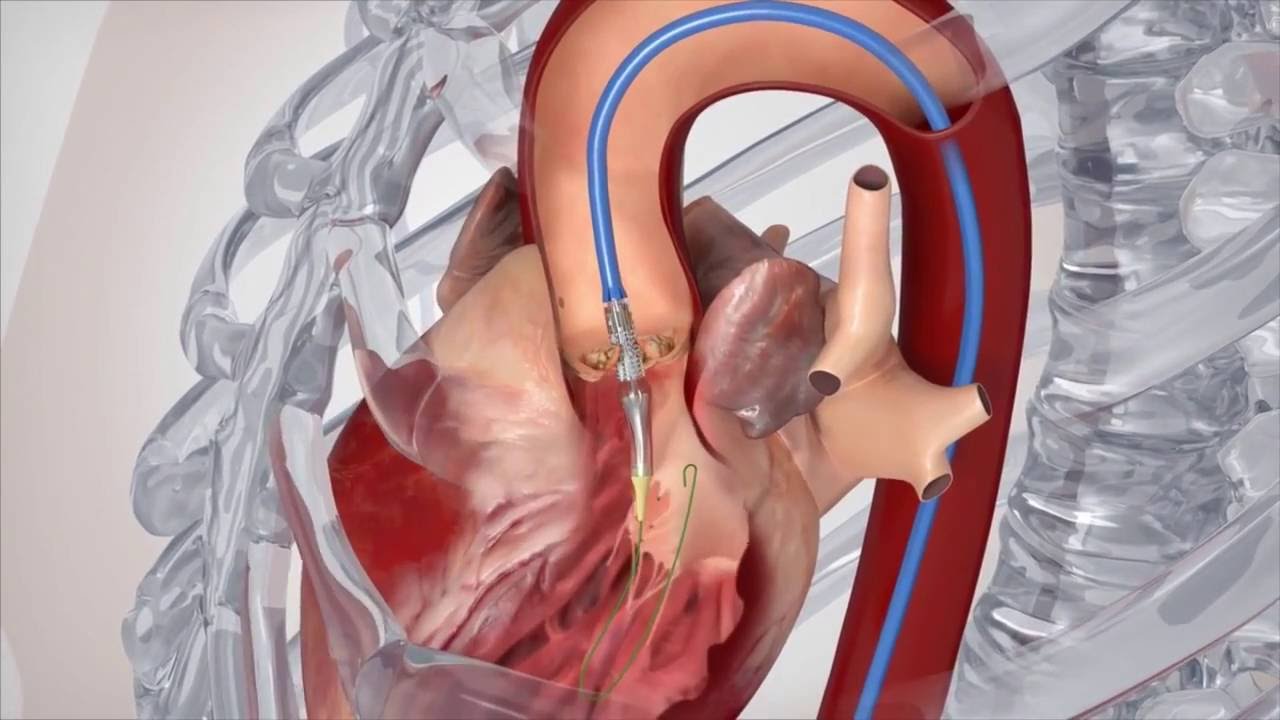Heart Valve Surgery: Which Procedure is Right For You

Heart valve surgery is performed to repair or replace damaged heart valves. Today, there are different kinds of cardiac surgery and procedures that can help improve or stop the symptoms of heart valves and prevent further heart damage. But, every procedure comes with a risk. That is why doctors will talk to the patient about the benefits and risks.
Read on to learn more about heart valve procedures:
Kinds of Heart Valve Procedures
Open heart surgery, valvuloplasty, and transcatheter aortic valve implantation are the procedures for treating heart valve issues. The decision on whether or the patient will have a valve repair or replacement will depend on the extent of the valve’s damage and what caused the problem. The surgeon will recommend the procedure that is best for the patient.

- Open heart surgery. This procedure is performed to repair or replace a heart valve. The average operation takes around three hours. The surgeon will either repair the valve or remove it and sew in the new valve.
- Valvuloplasty. This operation is done using small external cuts in the top of the arm or leg through a bigger artery that leads up to the heart. The surgeon reviews X-ray images on a monitor to evaluate, position, and deploy a new valve on top of the old one.
- Transcatheter aortic valve replacement (TAVR). In this procedure, a new valve is placed without removing the old damaged valve. It’s used when open-heart surgery is too risky for the patient. This approach delivers a fully expandable replacement valve to the valve site using a catheter.
Recovery from a Heart Valve Procedure
Minimally-invasive procedures such as TAVR or valvuloplasty do not require the patient to stay in the hospital for a long time. This is because they have smaller incisions than patients who went through open-heart surgery.
Following open-heart surgery, the patient must stay in the hospital for 5-7 days. When they go home, the patient must be taken care of for 7-10 days. It takes from 6 to 12 weeks for their sternum to heal completely. The patient must not lift any heavy objects and do movements that put stress on their chest area during recovery.

Patients must be aware of the emotional and mental aspects of their recovery following a heart valve procedure. Aside from physical recovery, they may experience low mood, depression, and anxiety when they begin to realize what has happened to them. That is why they must be prepared to manage how they will feel.



